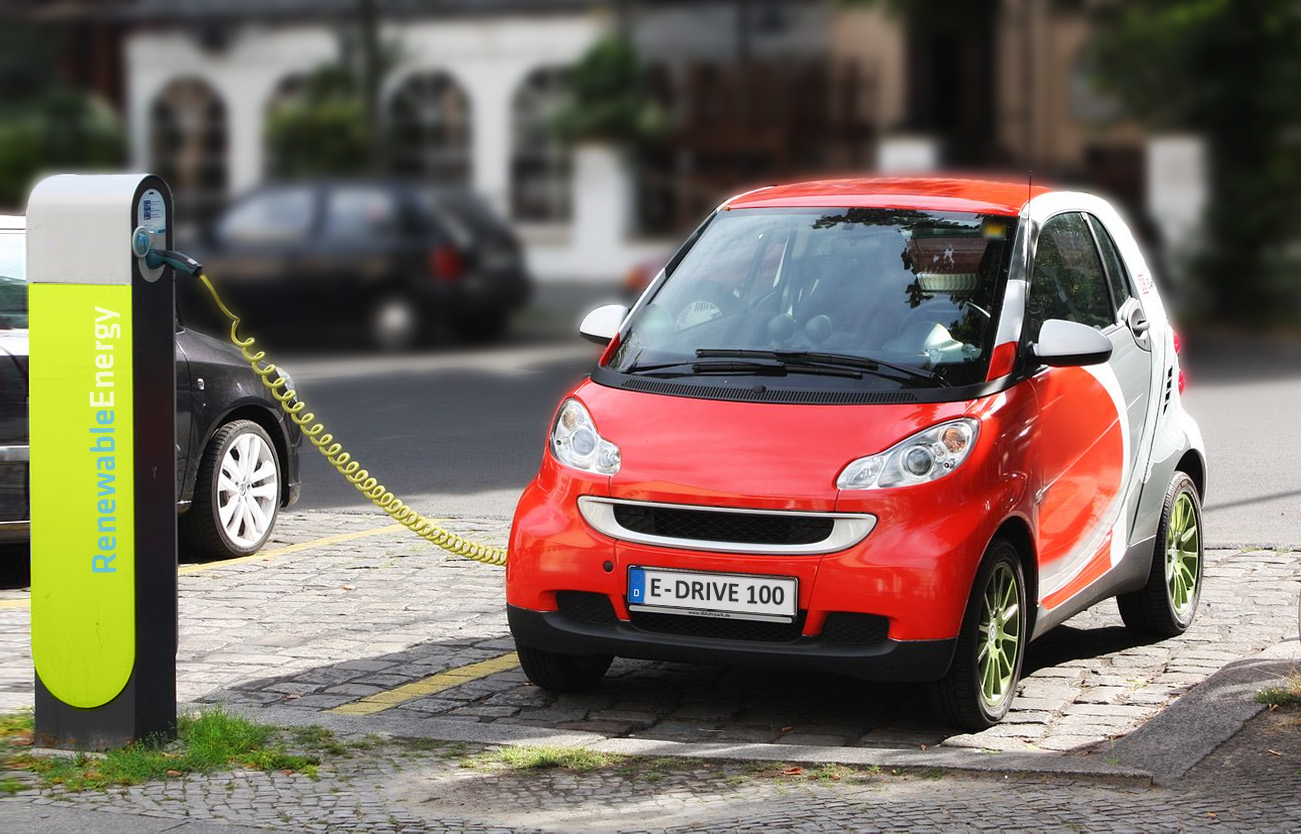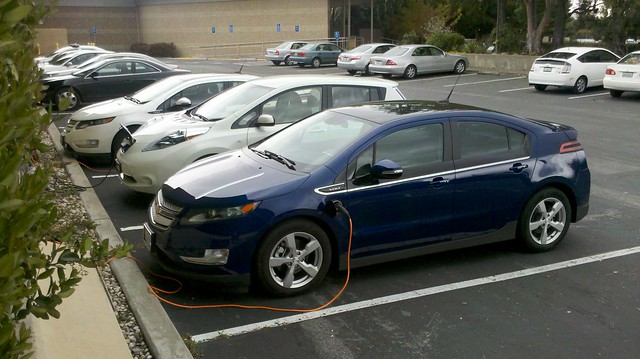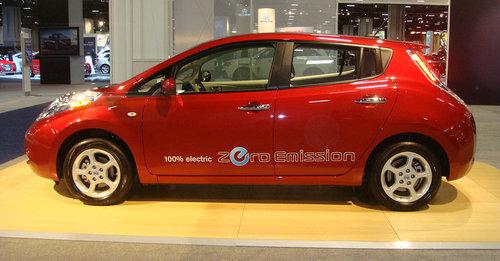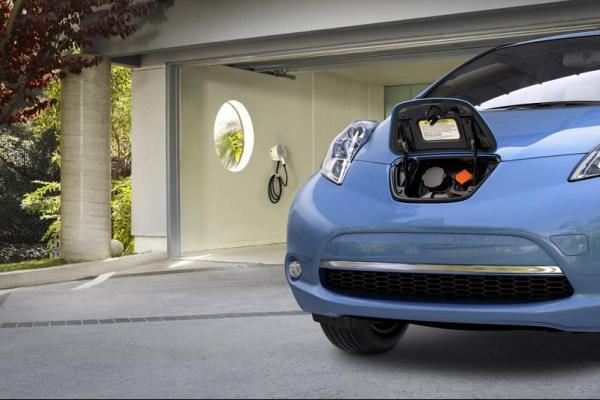Electric cars have emerged on the market in recent years and are trying to combat regular cars for supremacy. Many see electric cars as better than regular ones because they’re more eco-friendly. Others see them as clumsy and limited.
The battle is sure to rage on for years. People have become more environmentally conscious. But cars are a practical necessity. For this reason, there is competition between the two. One thing is for sure; electric cars are going to become more prominent in the future.
Let’s compare regular cars with electric models:

Regular
More Choice
The most obvious difference between regular cars and electric cars is that there is more choice with regular cars. Electric cars are still somewhat new to the marketplace, so they’re more difficult to get ahold of. Wherever you are, you’ll have no problem finding regular cars. You could be looking to find cars near Bristol, Manchester or Swansea, and you’d have a wealth of choices.
Easier Maintenance
Regular cars are also easier to maintain. They’ve been around for a lot longer, so mechanics and experts know them inside out. Whatever the problem is with your car someone will be able to identify and fix it without too much trouble. There also won’t be so many difficulties getting hold of parts to replace on regular models. Electric cars are still something of an unknown quantity. Because of this they’re more difficult to maintain, and parts are more difficult to get hold of if needed.
Don’t Have to Charge
One of the advantages of having a regular car is that you don’t need to charge it. Electric cars can run for around 100 miles before they need charging again. This process takes quite a long time. Regular cars can last hundreds of miles on one tank of fuel. And if you run low you can always pull into a petrol station and fill up with ease.

Electric
Eco-Friendly
Electric cars are a lot more environmentally sound than their petrol-powered counterparts. These days it’s important to look after the environment. Electric cars are one of the next steps in this process. They don’t release the harmful CO2 emissions that regular cars do. Because they’re eco-friendly electric cars look set to become the future of automotive technology. We’re seeing this start now with many manufacturers introducing hybrid models.
No Fuel Costs
The major advantage of having an electric car is that you don’t have to spend money on fuel. The price is petrol is expensive and seems to be on the rise each year. With an electric car, you can save yourself heaps of cash by not needing to worry about filling up on petrol. You just need to charge your car, and you’re good to go. This is also more convenient as it benefits you in other ways such as not having to queue in the petrol station.
Less Maintenance
Though they can be more difficult to maintain, electric cars will need much less maintenance than regular cars. For a start, some regular cars only run on certain types of petrol and react badly to others. You don’t have to worry about this issue with electric cars. They also contain fewer parts and as such need a lot less maintenance. For instance, you’ll never have to worry about oil changes with an electric car.





